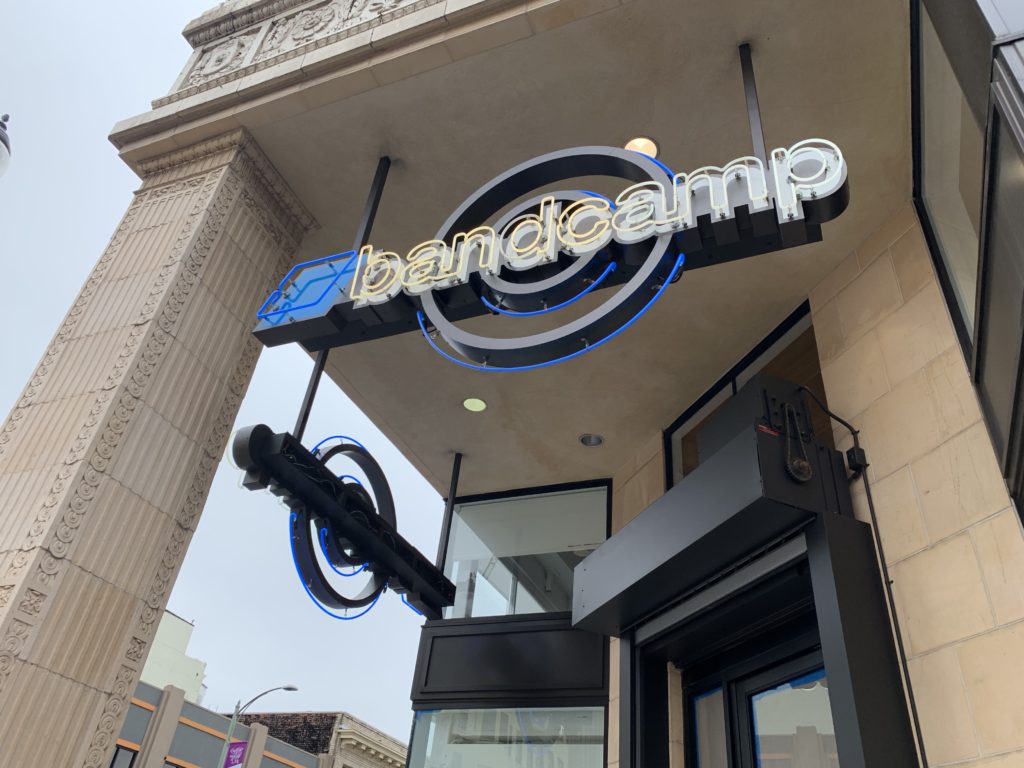

Take live out of the equation, and suddenly it doesn’t really add up,” he added. “The more people that could hear your music meant more people at concerts meant more people buying merch, and everybody’s happy. “Before the pandemic, an artist might not have made much money from streams, but the potential to reach hundreds of thousands of potential ticket buyers in advance of shows made the math work,” Mulligan says. That’s been essential since the arrival of the coronavirus. “Bandcamp has a lot of momentum and a lot of love, but that has as much to do with the weaknesses of streaming as it has to do with the strength of Bandcamp.” For one, unlike corporate-owned platforms such as Apple Music and Spotify, the latter of which is partially owned by the three major labels, the connection between musician and fan is virtually direct through Bandcamp.


For starters, it’s a low bar, says digital music consultant Mark Mulligan of Britain-based media research company Midia Research.


 0 kommentar(er)
0 kommentar(er)
